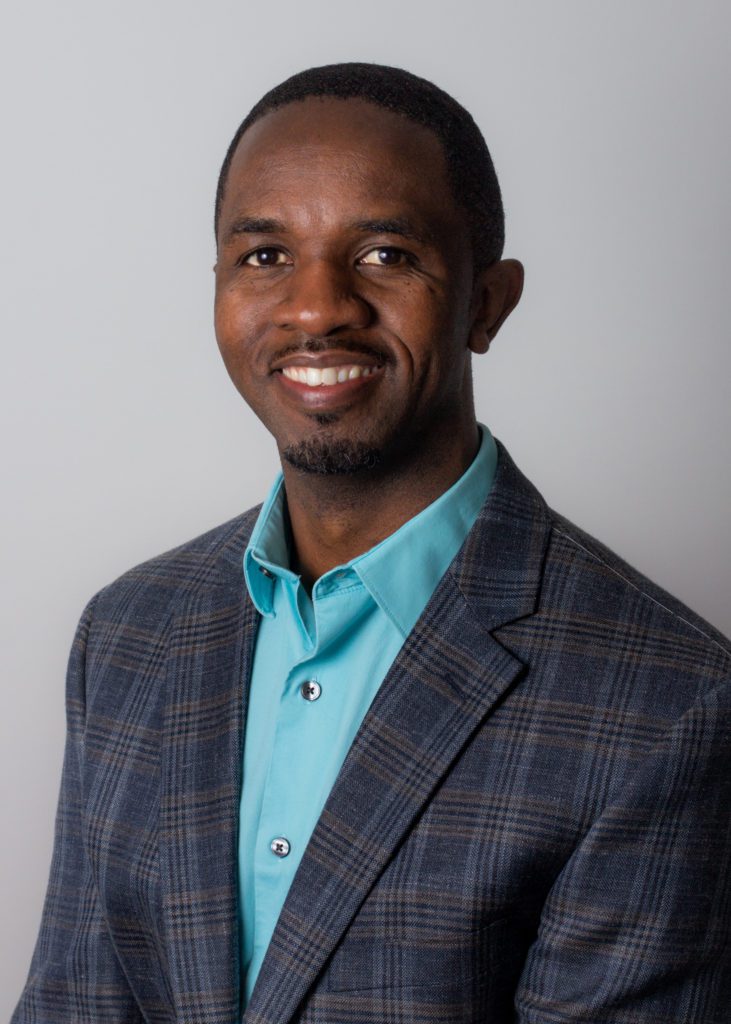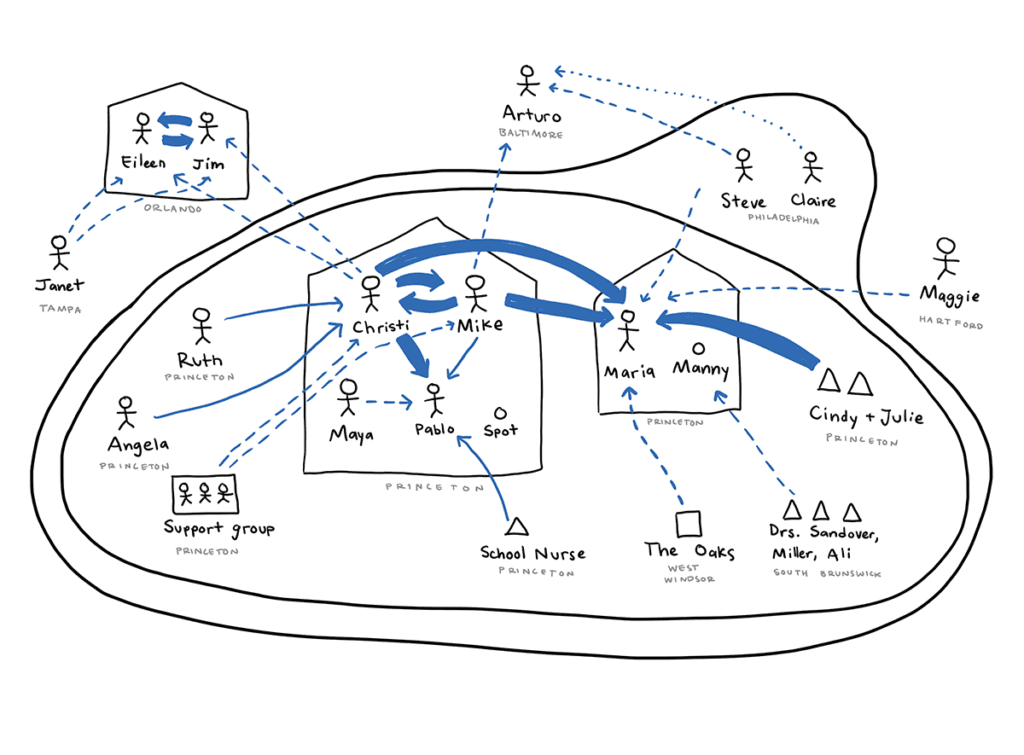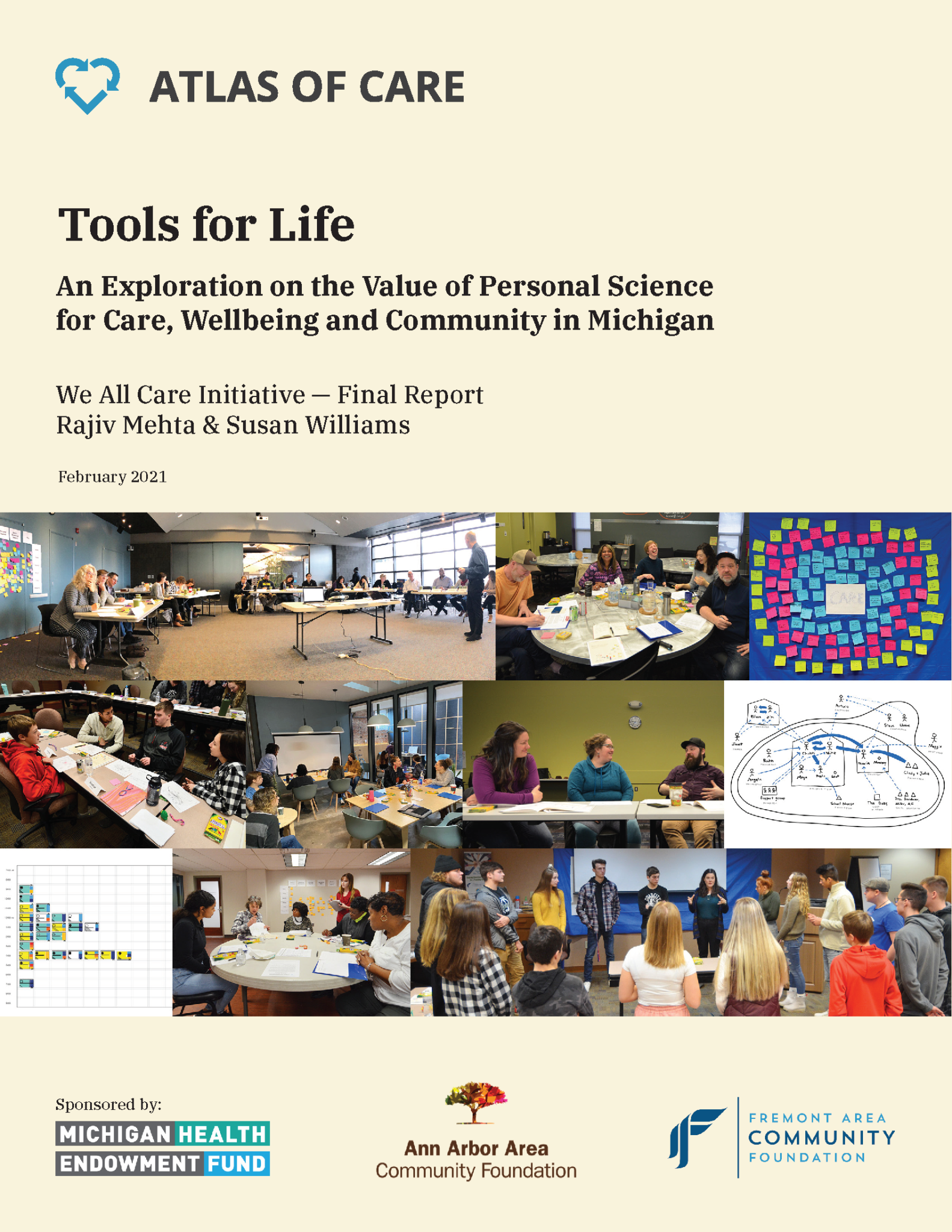Atlas of Care’s We All Care Initiative aimed to reveal the invisible connections between people in Michigan—to show that caregiving isn’t a one way street, but an entire ecosystem. Tim Niyonsenga, a program officer for the Health Fund’s Healthy Aging program, described some key takeaways from the project in a foreword to Atlas of Care’s final report on the initiative.
 Caregiving can be a profoundly private experience, sometimes to the point of being isolating. But as much as it is an individual journey, it’s also a universal one. Rosalynn Carter said it well: “There are only four kinds of people in the world: those who have been a caregiver, those who are currently caregivers, those who will be caregivers, and those who will need caregivers.” In that spirit, the Health Fund believes all people are best supported by a community that recognizes caregiving as a shared experience and a common value.
Caregiving can be a profoundly private experience, sometimes to the point of being isolating. But as much as it is an individual journey, it’s also a universal one. Rosalynn Carter said it well: “There are only four kinds of people in the world: those who have been a caregiver, those who are currently caregivers, those who will be caregivers, and those who will need caregivers.” In that spirit, the Health Fund believes all people are best supported by a community that recognizes caregiving as a shared experience and a common value.
Atlas of Care’s bold, novel approach to this interconnectedness inspired the Health Fund to partner with them, the Ann Arbor Community Foundation, and the Fremont Area Community Foundation to create the We All Care Initiative. The core concept was for Atlas to facilitate discussions throughout Michigan about how we all give and receive care, and how that care creates an ecosystem of connections that too often is left unseen. We hoped that the conversations would both be eye-opening for the participants and also revealing for organization and policy leaders in Michigan’s diverse communities.
From December 2019 to March 2020, Atlas led these discussions through in-person workshops across Michigan. Atlas’s Mapping Ourselves tools were remarkably effective in helping people visualize and learn from their relationships and daily activities, as well as those of their peers. The workshops were candid and enlightening, with conversations tailored to the unique perspectives of each group while highlighting the experiences that bring us all together. What do we all give? What do we all need?
The in-person workshops ended in March due to the COVID-19 pandemic. Like so many other organizations, We All Care had to adapt. The report discusses the ways the We All Care Initiative had to depart from its initial vision, as well as the unexpected lessons that emerged from those creative modifications.
Here are three of my takeaways:
1. Caregiving isn’t just a health issue. There are opportunities for organizations outside the realm of health to support Michigan’s caregivers. Whether it be technology, business development, policy, or elsewhere, caregivers’ wellbeing can improve from innovative, nontraditional support.
2. “It takes a village.” Caregivers are experts in their own experiences, but that doesn’t mean they should work alone. Local employers, nonprofits, and government agencies can provide tools and information that will empower caregivers and help build resilience. Conversely, every village will look different. While caregiving is universal, communities have unique strengths and needs that should shape their approaches.
3. All of us need care more than ever. The world is substantially different now compared to the outset of this project. But many of its themes—social ecosystems, empowering communities, caring for vulnerable individuals—resonate more today, not less. And in a world that’s been flipped upside down too many times to count, there’s never been such a need to provide care for one another and build a sense of belonging.
Tim Niyonsenga
Program Officer, Healthy Aging
Michigan Health Endowment Fund


